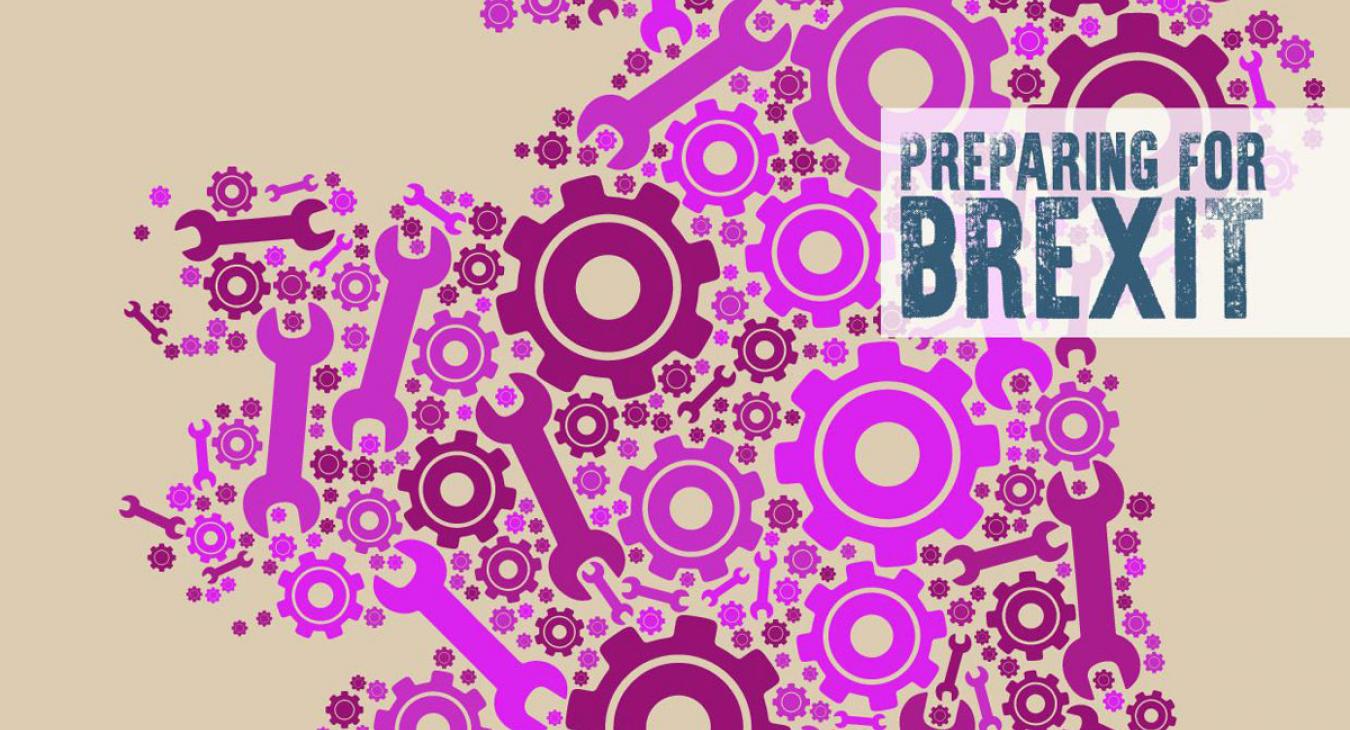
As the Brexit debacle trundles on like a slow-motion car crash from a horror film, it seems impossible to imagine the future shape of Irish society. But it is precisely at times like these that we need to do just that. Otherwise, we will find ourselves perpetually overwhelmed by events or reacting to the latest crisis.
The aim of 'An Ireland Worth Working For', published today, is to map out a way forward. We know that a growing and ageing population will put enormous strains on our healthcare and pension systems in the coming two decades.
We know that climate change is for real and our ways of travelling, working and consuming are just not sustainable. Our children are telling us that loud and clear.
We know new technologies and artificial intelligence are gradually reshaping and transforming our daily lives. All of this calls for clarity and courage in spelling out what values this republic stands by. The ideals of democracy, equality and sustainability are worthy goals. However, nobody will listen to mere pious talk. We need to consider credible policy choices and shifts in thinking to deliver on these ideals.
Models of social change from Scandinavia are very useful to build on but we are not Nordics (though sometimes I wonder how things might be had the Vikings won that battle in Clontarf).
We need to learn from our own repeated policy failures as well as the disastrous historical experiments of the 20th century.
The Great Recession of 2008-2012 taught us that the world as we know it is not stable, sustainable or satisfactory. We greatly augmented our own problems and blamed others by allowing a regime of bad governance, distorted tax incentives and under-investment in indigenous (native) enterprise development and innovation for many years prior to the crash of 2008. Added to this, a corrupt banking system and facilitating political culture left us with the great bust, the results of which continue to be catastrophic for young couples struggling to find a home, as well as small and medium-sized enterprises threatened with extinction.
A new democratic programme which updates the forgotten one of 1919 is urgently required. This must be based on the dignity and rights of work, ensuring work pays and the rights of workers are fully respected and advanced. Secondly, we need to get away from an exclusive focus on 'cash in the pocket' to talk about public services that can deliver value to citizens and reduce the cost of living for hard-pressed families and businesses. I call it the 'social wage' as it is applied in practice in many European societies.
However, we need to pay for that social wage by reforming our taxation system to make it fit for purpose in the 21st century and adequate to the challenges of a growing and ageing population, as well as an environmental crisis that calls for a seismic shift in patterns of energy use and production. Thirdly, we need to lay the foundations for an Irish Mittelstand. Put simply, it means planning for a much stronger, competitive and export-orientated industrial and services sector owned and controlled by Irish firms. This is the pattern in Germany as well as many small northern European countries.
In the conclusion, I make a strong case for promiscuity - albeit intellectual promiscuity. In advancing the case for a different Ireland we need to engage with many different ideas and persons. The other person or point of view might just be right at least to some extent.
Social change is built on hope.
Faced with the biggest ecological crisis threatening the well-being of future generations, we must find ways of engaging the energies, dreams, and hopes of a new generation.

